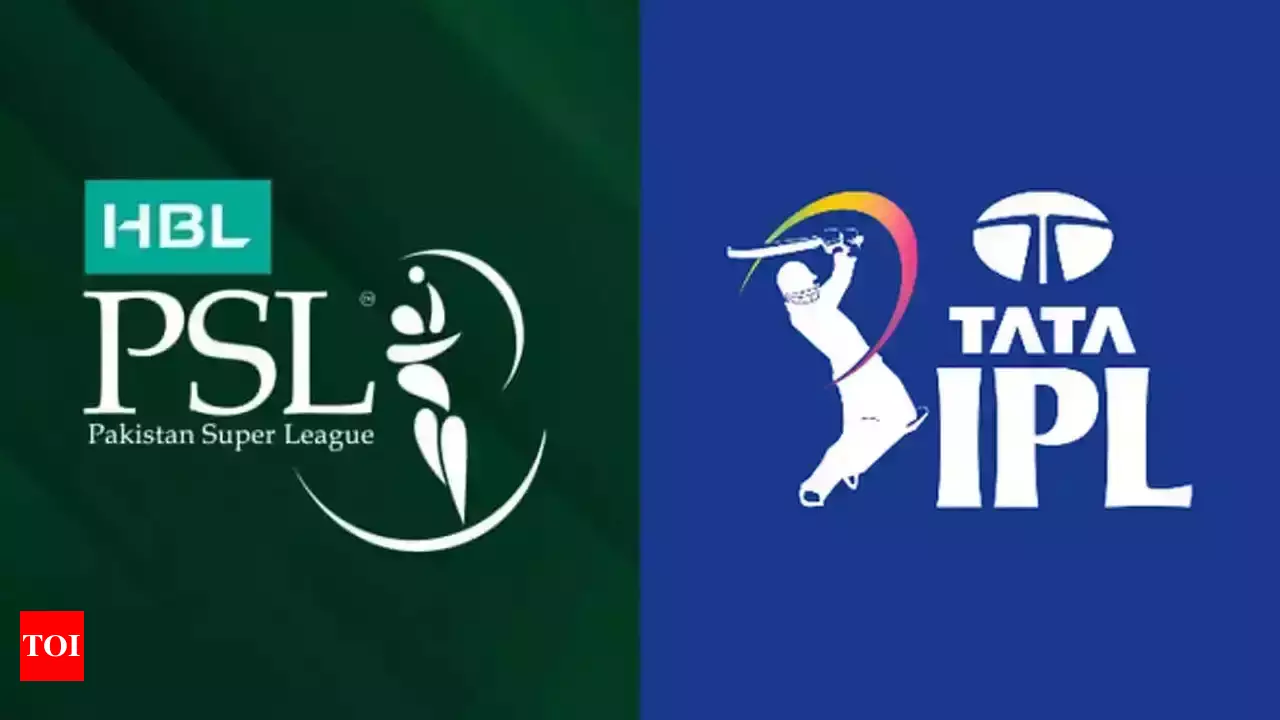While often viewed through a lens of controversy, sports betting—when regulated and responsibly managed—offers significant economic and technological benefits. In the context of cricket’s two premier leagues, the Indian Premier League (IPL) and the Pakistan Super League (PSL), betting has evolved from an underground activity into a potential avenue for innovation, engagement, and job creation.
In 2025, both leagues are witnessing a shift in public discourse, where stakeholders increasingly recognize the value of structured, transparent, and tech-integrated betting ecosystems. Here’s how responsible betting could positively shape the future of IPL and PSL.
1. Enhancing Fan Engagement Through Real-Time Interaction
Modern cricket fans want more than just to watch—they want to predict, compete, and participate. Regulated platforms, such as fantasy leagues and prediction markets, allow fans to engage deeply with games, analyzing player form, pitch conditions, and team strategies.
- In the IPL, platforms like Dream11 and MPL have gamified match viewing.
- In PSL, Pakistan’s rising fantasy startups are encouraging younger audiences to analyze matches, not just passively consume them.
This deeper involvement boosts retention, loyalty, and interest across the season, transforming cricket viewership into a multi-dimensional experience.
2. Economic Uplift Through Job Creation and Revenue Generation
A regulated betting or prediction ecosystem can contribute to the economy in meaningful ways:
- Tax Revenue: India’s fantasy sports and online gaming sector contributed ₹1,600 crore ($190 million) in taxes in 2024 alone. Similar models could be adapted in Pakistan under Islamic-compliant financial structures.
- Employment: From app developers and odds analysts to content creators and statisticians, betting-related platforms create thousands of jobs across digital and media sectors.
- Startups & Investment: Betting-tech and sports analytics startups are attracting funding across South Asia. In India alone, over 20 sports data startups emerged post-2022.
With proper regulation, the betting industry can become a parallel economy supporting the sports and tech sectors.
3. Boosting Transparency Through Technology
Legal and regulated betting encourages the adoption of real-time analytics, blockchain ledgers, and AI-powered fraud detection.
- In the IPL, some fantasy platforms already use blockchain to ensure fairness in prize distribution.
- In the PSL, fintech experts have proposed AI-powered match integrity models to identify suspicious trends in real-time.
Such tech tools help prevent match-fixing and ensure that fair play becomes part of the financial structure, not just the sporting ethos.
4. Legal Betting as a Deterrent to the Black Market
Rather than fueling illegal markets, regulation actually helps shrink them. Countries that have legalized betting—such as the UK and parts of the US—report greater transparency, lower criminal risk, and increased fan trust.
If India and Pakistan develop tailored legal models for their respective societies, leagues like IPL and PSL could gain:
- Better control over transaction flows
- Improved match integrity through legal oversight
- Greater investment from global betting tech firms
By creating space for safe, responsible betting, the leagues can minimize shadow-market influence and maximize legitimate engagement.
5. Promoting Data Literacy and Sports Intelligence
Modern betting isn’t just luck—it’s analytics. As users engage with odds, stats, and player trends, they develop critical thinking around data.
- Fans begin to understand strike rates, economy rates, pitch behavior, and matchup history.
- Young analysts emerge from betting communities, often going on to work in fantasy apps, sports journalism, or commentary.
Thus, betting becomes not just a game of chance, but a gateway to sports education and career opportunities.
Conclusion: Betting Can Be a Positive Force—If Handled Right
As IPL and PSL continue to grow, the opportunity to create a regulated, innovative, and inclusive betting ecosystem is greater than ever. Rather than fearing its shadow, South Asian cricket authorities can shape its future—one where technology, integrity, and engagement thrive together.
The next step? Forward-thinking regulation that treats betting as a tool—not a threat—to the spirit of sport.












